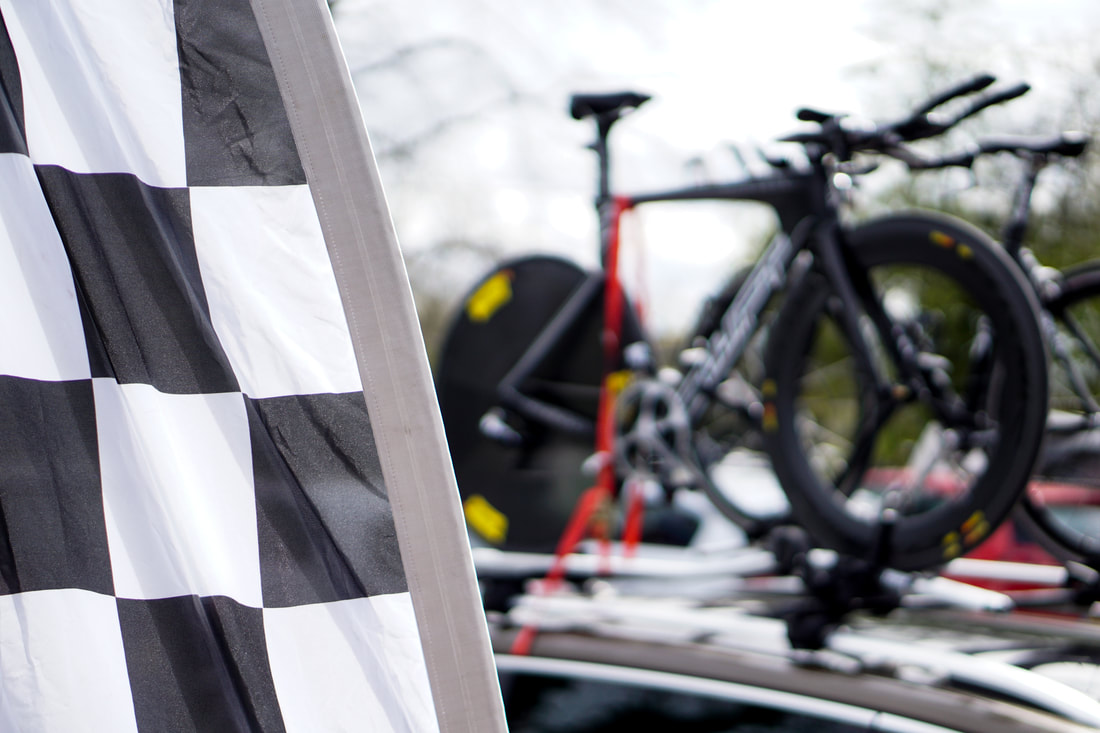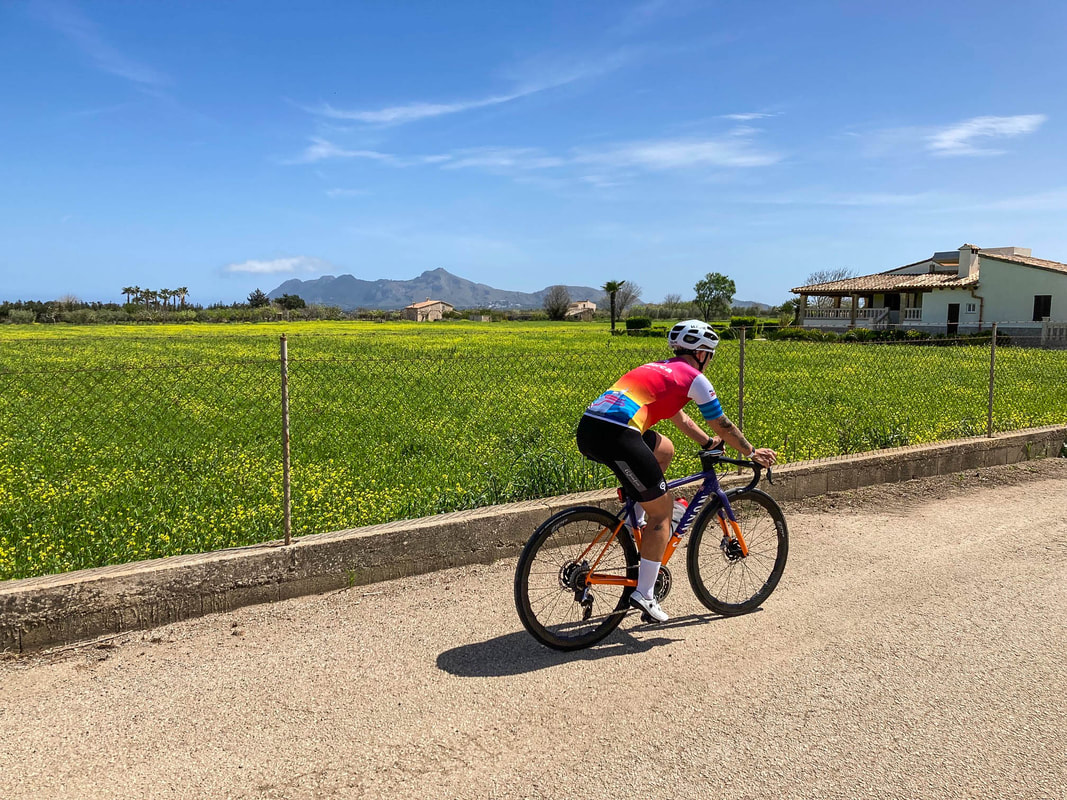How do I ride faster...? The answer to the ultimate question and the truth behind cycling science3/30/2020 We rely hugely on the power of science to make judgements. We like facts, proven answers, evidence from randomised controlled studies, experiments, peer reviewed research and the like. Further, as cyclists we love data. We have our power meters and heart rate monitors: we measure metrics on cadence, speed, drag coefficients and rolling resistance and share it, ad nauseum, on social media. You’d think by now physiologists, sports doctors and sports scientists would have combined all the data with all the science and come up with a simple answer to the ultimate question: how do I ride faster? Despite there being no evident shortage of sports scientists, so far, nothing, nada, stony silence. Well, I suppose that’s not entirely true, a few sports doctors have come up with an answer. Some of those guys are now in prison and some more should be because the simple answer is taking performance enhancing drugs. However, the fact remains no single, ubiquitous, optimal and legal training plan, regime or session has been identified whose implementation will make you the best you can be. The reason for this is the ultimate answer can only be unlocked if the ultimate question is asked. To formulate the question with any hope of getting a cogent answer, you're gonna have to be specific. How fast do you want to ride? How fast are you now? When do you want to ride faster, over what distance and in what environment? How much time have you got to train? How old are you? What do you weigh? How much money have you got? Only when you’ve answered these questions can the truth be revelled! Assuming you answered these and many other why, how, where, when questions, the ultimate answer is..…wait for it…... It depends! I know you want to punch me in face now but bear with me. '...punch me right in the face...' 'It depends’ because there are limits to how much faster or fitter you can get. And, in truth, it doesn't matter a jot how much money you've got. So, I figure if sports science can't give us a simple answer, the least it can do is explain why not. A 1977 study by Bill Hickson took 8 college athletes and trained them over 10 weeks for 6 days per week using a series of 2 minute on, 2 minute off bike intervals at Z5 (VO2 max) and a 40 min flat out run on alternate days. All the subjects showed a huge 44% average linear increase in fitness over the test period. By way of contrast, a later 1999 study (Bouchard et al) looked at 500 college students and over a period of 20 weeks and prescribed them a moderately intense exercise regime of 3 training sessions per week of 30-50 mins duration of aerobic exercise at 55 -75% of VO2 max. After collating the results, it showed the average increase in fitness was in the order 10-15% measured by a VO2 max test. So, the first part of the ultimate answer is, by following a structured training plan you could get something between a 10% – 44% increase in fitness depending on how long you’re doing it for and how brutal it is. If you're following a plan, you’re likely to be looking at a 10% improvement. Arguably if you armed yourself with a little knowledge, you could implement this yourself without the help of a coach. If your coach is prescribing you the plan i.e. one tailored to you, then over time, you should be looking to do a good bit better than 10% otherwise you’re probably wasting your money. But there are limits. And the reasons behind the unsatisfyingly vague ‘it depends’ answer about how much you will gain will be affected by... Your starting point: If you’re already super fit, the right coach might find you that extra fraction and that may be the difference between winning a championship or finishing 4th. With limited ‘headroom’ to improve, you’re not going to find anything like a 44% physiological gain but the difference between winning a medal or just missing the podium may well be down to psychological, technical and tactical improvements. Conversely, if you’re starting from scratch or a low base, you might find more than 50% over time. To put that into context, for a normal sized bloke on an aero bike, a 10% increase in FTP from 240w to 264w could make you a sub 23 mins 10 mile time trialist after previously being in the 25 minute range. A 44% increase to an FTP of 346w would put you in the top 2% of male cyclists, maybe close to the professional ranks. Your resilience: The Hickson study comes with a massive caveat. The results are much quoted as an example of the effect training can have but, after showing such startling increases in fitness, at the end of program the 8 candidates were asked if they would like to continue. They all said no. The training was physiologically and psychologically unsustainable. So, yeah, maybe we could boost your FTP significantly in 8 weeks but the risk is you’d never get on a bike again. A good training plan has to be sustainable and fit around your life. '...a good training plan has to be sustainable. Now stop punching me in the face...' Your biology: Your age, resources in terms of time and equipment, nutrition, sleep, your sporting and injury history etc are all going to have an impact on your response to training. Physiological studies tend to be carried out on young men, often college athletes from a higher socioeconomic group so health and nutrition tend to good. The data for other demographic groups is poor with large scale studies on women being a notable omission. Whilst there is no evidence to suggest training responses are different in percentage increase terms, there isn't any to suggest they are the same either. Every individual is, well, individual and a training plan needs to be tailored to your needs, not those of a well fed 22 year old American student athlete. Unless of course... Your genetics: The genetic component and heritability of physiology is often overstated but it exists. The Bouchard study was primarily aimed at establishing heritability as it used family groups to see if there was a genetic component to fitness. There is, something in the order of 30-40%. Interestingly, 1% (5 out of the 500) of the group turned out to be what are known as ‘high responders’. These guys showed huge increases in fitness, well over the 44% seen in the Hickson study. Turning momentarily to this tiny group of the genetically blessed, Louis Passfield, a highly respected physiologist who worked with British Cycling from the 1990s and up to the Beijing Olympics studied the history of the hour record from Merckx up to Boardman. He calculated riders capable of holding the record were 250% fitter than your normal geezer. In short, in order to hold 460w for 60 minutes you must be within the 1% band of genetic outliers Bouchard identified. Without it, even with the best training plan in the world, you’re never going to get anywhere near it. Try it if you like… Your goals: Riders rarely have a goal of just increasing fitness from x to y. It’s all about getting faster over a certain distance, completing an endurance event, winning a race or just being more comfortable on the bike. This is why a good coach can help you get what you want out of your cycling. This relies on the thoughtful, well judged implementation of physiological knowledge appropriate to you. Physiological knowledge on its own is not enough. Your coach should be the difference between a plan for anybody and the plan for you. The studies referred to use a plan – everybody followed the same exercise prescription. A coach should be helping you to define one that is tailored to you and adjusts dependant on your response to it. And remember, there are at least three other dimensions to your cycling – technical, tactical and psychological. Physiology is not everything, you need to address all these equally critical elements to ride faster. As a coach, my interest is in helping you get the most out of your cycling irrespective of your age, sex, sporting history or genetics. I hope providing some context around why answering the ultimate question is more difficult than it seems might help when you think about the best way to take your training forwards. Rich Smith is expecting a lot of shit for writing this from current and aspiring sport scientists. But his shoulders are provenly un-aero. He has coached the GB Transplant Cycling team for 10 years, is a British Cycling qualified Level 3 coach and a very mature psychology student. Before upsetting sports scientists, he spent 30 years upsetting people in senior roles for Barclays, HSBC, British Waterways and National Grid Property.
0 Comments
Leave a Reply. |
AuthorThe ramblings of a cycling coach... Archives
May 2024
Categories |
|
© COPYRIGHT 2022. ALL RIGHTS RESERVED.
|


 RSS Feed
RSS Feed
